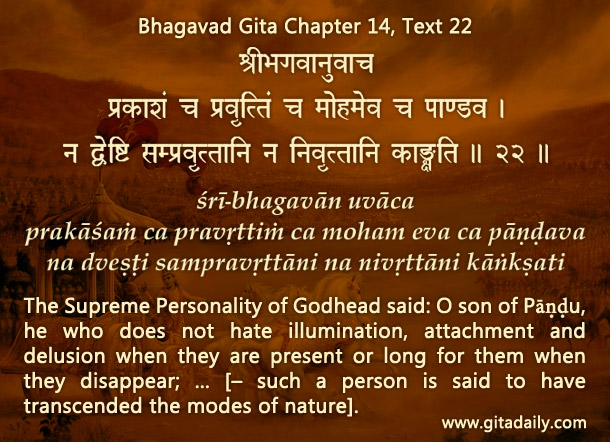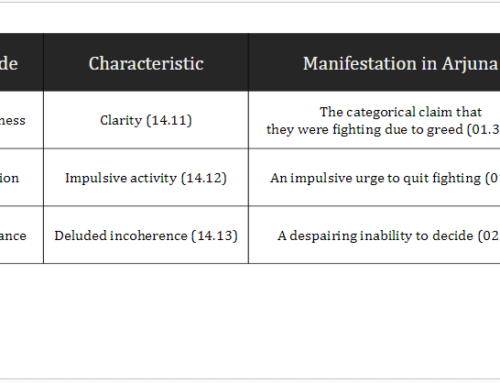Life is filled with ups and downs, or alternatively, life is filled with bumps and slumps. Things go up and down at times. If we are too fixated on how things are turning out, then we can’t focus on what is important for us to do. When we are engaged in external activities, it’s relatively easier not to be too affected by how life’s ups and downs are causing bumps and slumps in our inner world. These external activities help minimize the emotional oscillations we experience internally. That’s because external engagements require us to do something tangible, and those tangible or physical actions often draw our attention away from our minds. Overcoming Emotional Bumps in Meditation
However, when we are trying to focus on inner work, such as meditation, it becomes far more difficult to turn away from the emotional oscillations going on within us. That’s why we often see that things that happened during the previous day start replaying, sometimes replaying as if on steroids, in our inner world when we try to practice our meditation.
To prevent such things from affecting us, we need to dump our obsession with bumps and slumps. We need to use our intelligence to recognize that these things don’t matter so much. While they happen sometimes, they don’t last for long; and they go away soon — it’s best if we can let them pass.
The role of our intelligence in dumping the bumps and slumps can be threefold. First, it can help us hold ourselves back so that we don’t get involved or entangled in the emotional oscillations that go on in our minds. In this situation, we can see such emotional ups and downs as visitors passing through the park where we are sitting. If we don’t talk with them, they will just go their own way; they may glance at us, but they won’t approach us on their own.
The second situation is when the visitors approach us and start talking with us. We need to keep the conversation short and curt so that they get the message and go away. If we have something to focus on, such as looking at a phone where we are reading a message or looking at a book that we are reading, and if we keep looking at it repeatedly, the accosting visitors will get the message and leave. Similarly, even if the oscillating and distracting emotions seem to be affecting us, if we don’t pay much attention to them, and more importantly, if we have something else to pay attention to, those oscillating emotions will lose their fuel and go away.
The third possibility is where we are already caught in a conversation with such passing visitors and we need to pull ourselves out of it. We need a reason or at least an excuse to pull ourselves out of that conversation. Similarly, our intelligence needs to have prepared beforehand a list of reasons, along with explanations, why meditation is important for us, and why this time that we have for meditation should not be diverted toward other things that can be attended to later. In such situations, our intelligence can be like a third person, something like a secretary who reminds us that we need to go to our next meeting, thus preventing our present meeting from going inordinately long.
When we are thus able to use our intelligence to disentangle us from our emotions, then we can focus diligently on our meditation and grow in our devotional connection with our Lord, till we become enthusiastically absorbed in him—enthusiastically, ecstatically, everlastingly absorbed in him.
Summary:
- Ups and downs in the outer world can create bumps and slumps in our inner emotions, which can distract us from meditation.
- These bumps and slumps often become more noticeable especially in terms of the emotional oscillations of our mind when we are trying to meditate and don’t have physical activities demanding our attention.
- To dump our obsession with these emotional bumps and slumps, we need to treat the emotions like passers-by in a park: either don’t talk with them at all, keep the conversation brief and terse if they do engage us, or have a reason to end the conversation quickly if we’re already talking
Think it over:
- Why is the effect of life’s ups and downs more pronounced during meditation?
- Explain, using a metaphor, three strategies that we can use to dump our obsession with emotional bumps and slumps.
- Which strategy will work best for you for the typical emotional oscillations that occur in your inner world?
***
14.22 The Supreme Personality of Godhead said: O son of Pandu, he who does not hate illumination, attachment and delusion when they are present or long for them when they disappear … – such a person is said to have transcended the modes of nature.



Leave A Comment